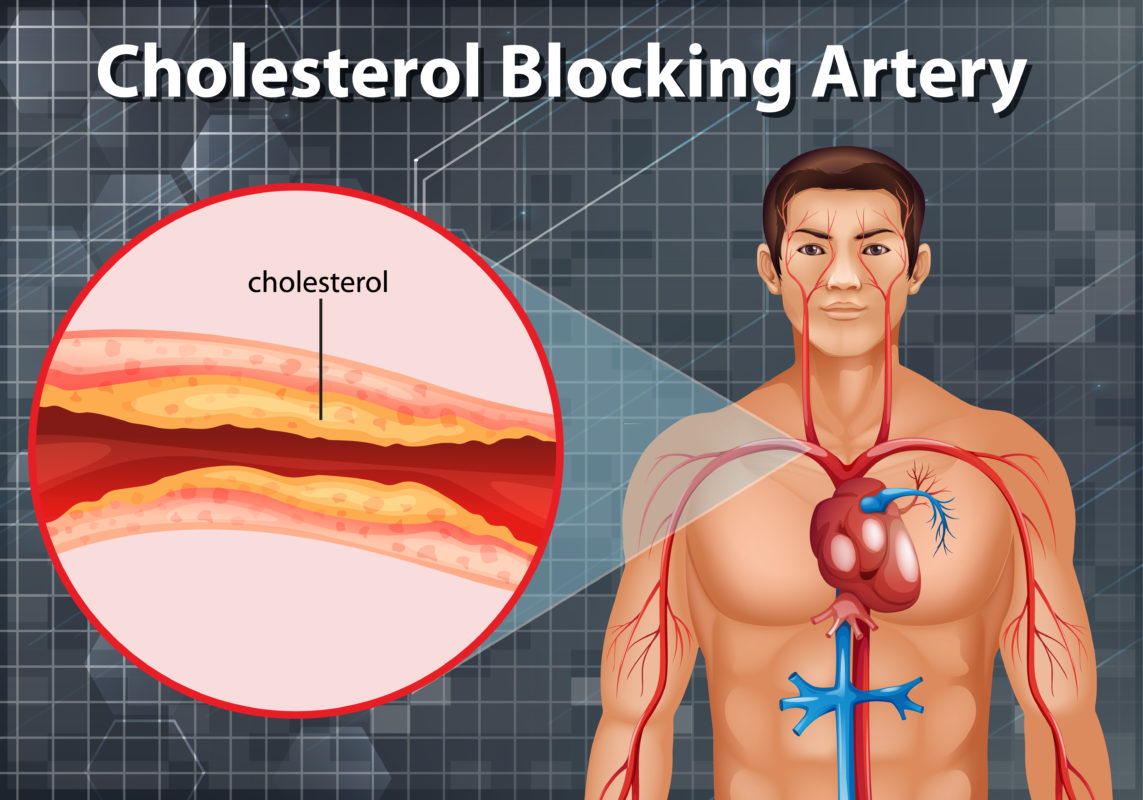What Is Cholesterol?
Cholesterol is produced naturally in the body, namely in the liver and in most cells. It is essential for good health and it is involved in the production of sex hormones and bile. Which has an important role in the digestion of fat, aiding the absorption of fat into the bloodstream. Bile helps dissolve fat much in the way detergent dissolves fat from a greasy plate.
Humans produce approximately I gram (less than half a teaspoon) of cholesterol daily. Which is all the cholesterol the body needs to function optimally. There is no need to add extra cholesterol to our diet. Although many foods common to the Western diet, such as dairy products and red meat, contain high levels of cholesterol. Specific cholesterol particles called lipoproteins are found in human blood.
LDL and HDL Cholesterol
The two main lipoprotein particles are low-density lipoprotein (LDL) and high-density lipoprotein (HDL). Both particles are produced naturally by the body and form a harmonious relationship. They are involved in the delivery of cholesterol and fat to the cells and liver. The LDLs, or ‘bad’ cholesterol, deliver cholesterol to sites around the body, such as artery walls. While the HDLs, the ‘good’ cholesterol, collect this deposited cholesterol and take it back to the liver, where it is broken down to produce bile.
There are several ways in which we can disrupt this balance. Smoking, eating foods that contain cholesterol and eating saturated fats all increase the number of LDL particles in the blood. When there is an excess of LDLs in the body, they lead to the accumulation of cholesterol-rich droplets on artery walls, making the arteries very narrow. This can increase the risk of heart disease. If a small piece of this cholesterol becomes dislodged from the artery wall, then it can circulate to the arteries of the heart and cause a blockage of blood flow, resulting. In a heart attack. Similarly, if these particles block the flow of blood to the brain, then a stroke eventuates.
The HDL is responsible for taking cholesterol back to the liver, thereby removing it from the blood. It is of benefit to your health to have a substantial level of HDL particles in your bloodstream and this is something you can control. The levels of LDLs and HDLs can increase or decrease according to the type and amount of food that you consume. Eating foods that are high in cholesterol, such as butter, cream, eggs, cheese, meat, brains, liver and offal, will increase your level of bad cholesterol.(LDL), while eating small amounts of foods such as olive oil, sunflower oil and soybean oil will decrease it.
Remember that plant foods such as fruits and vegetables contain no cholesterol. Eating plenty of fruit, oats, cereals, breads, rice and legumes will actually decrease your bad cholesterol, and regular exercise can increase your level of good cholesterol (HDL). If you are unsure about your cholesterol levels, a simple blood test will reveal all you need to know. Before embarking on any weight-loss or exercise program, it is a good idea for your doctor to check your cholesterol and blood pressure levels. This way you or your personal trainer can determine the best intensity for you to begin with. You can then monitor your progress with regular medical check-ups.

